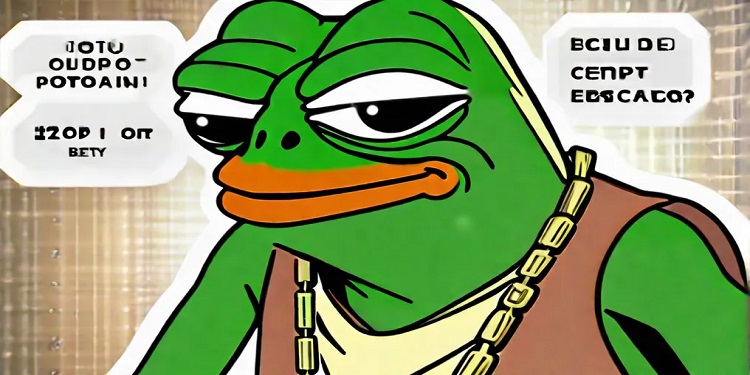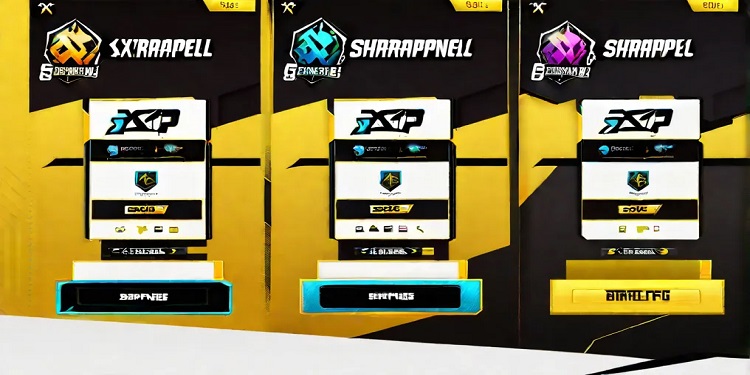Impact of Blockchain on Various Industrial Sectors
This article (part1 of 4) takes a look at the business sectors which are disrupted in a big way by blockchain technology.

1.Banking
Banking is only the beginning. But from a large scale viewpoint, banks are the main retailers and value center points. Blockchain could perform the same function as a digitized, safe and tamper-proof ledger, infusing better accuracy and data sharing into the monetary services network. UBS and UK – based Barclays are both testing with blockchain as a method of speeding up back office and clearing capacities, which certain financiers say could decrease broker costs by up to $20b. Banks are amongst the rising number of financial services giants contributing in blockchain start – ups such as R3 CEV, which is creating Corda, a blockchain platform intended to be the ” new operating system ” for financial markets, with an 80 + member consortium of banks, regulators and innovation partners.
2.Hedge funds
Backed by names such as First Round Capital and Union Square Ventures, Numerai embraces and decentralizes the hedge fund framework, employing a number of traders and quants. Numerai sends its thousands of absent data sets and inquires them to develop predictive models, and the top contributors are compensated with the Numerai token. Numerai then uses the strategy and makes a meta-model for doing business. In certain ways, it is a blockchain – based whirl on the model of Quantopian for awarding data scientists, with the exception that it is less competition and more disguised cooperation.
3.Messaging aps
Telegram, an encrypted messaging app service provider, raised $ 1.7B from private sales investors before striking out its much-talked about initial coin offering (ICO) for public sales, which was meant to blow records at $ 1.2B. Telegram proceeds to build its blockchain – based Ton (Telegram Open Network) platform, which expands Telegram services to 200 M clients for disbursement, dossier storage and censorship-proof browsing. The Kik chat platform raised over $ 100 million for its in-app currency through an ICO. And Line, Japan’s most admired messaging facility is meant to be extending into cryptocurrency trade.
4.Internet
It’s hard to establish your true identity on the current web, and your personal information lives on company servers for apps that you use with little interoperability. Platforms like Blockstack and uPort believe that there is a future in which your identity can be easily carried on the Internet with you. For example, on Blockstack, a user will access apps on decentralized networks and have perfect data portability.
5.Voting
Elections necessitate the identity of voters to be verified, a safe documentation to monitor votes and reliable agreements to establish the winner. Blockchain tools might in future act as a fundamental framework for casting, monitoring and calculating votes — perhaps eliminating the requirement of recounting by expelling electoral scam and dishonest play. By storing votes as trades via blockchain, voters and governments would have an irrefutable audit trail, guarantee that no votes are modified or deleted and that no unlawful votes are included. Follow My Vote, a blockchain voting firm, has introduced the alpha version of its end-to-end blockchain voting solution.
6. Ride sharing
Ride apps such as Lyft and Uber are the inverse of decentralization, because they operate essentially as dispatch centers and employ algorithms to manage their driver fleets (and control what is being charged). Blockchain might add new options to this dynamic: drivers and drivers could generate an added user – led, value – focused marketplace with a distributed ledger. For example, Startup firm Arcade City makes all deals via a blockchain system simpler. Arcade City works in the similar method as other ride – sharing firms, but permits drivers to set their charges (taking a fraction of rider charges) by sorting all exchanges through the blockchain. This enables Arcade City to petition expert drivers who wish to build their personal transport firms rather than be inhibited from a corporate head office: Arcade City drivers are under no constraint to set their own charge, create their personal repeating client base and provide added services such as roadside aid or delivery.
7. Crucial infrastructure security
The present internet framework has demonstrated to be comfortable to hack, especially in IoT devices. Since decisive framework such as power stations and vehicle transport are all deployed with linked sensors, the dangers to civil society as we understand are huge. For instance, companies such as Xage utilize blockchain-proof booklets to communicate security information across industrial device networks. Although the blockchain files is public, its information communications are sent and confirmed by means of highly developed cryptographic strategies — making certain that information comes from right sources and that nothing is captured in the meantime. Therefore, if blockchain is further extensively embraced, the probability of hacking might diminish, as the technology’s cyber protections are stronger than traditional systems. Other probable applications incorporate the use of blockchain for huge validation of data. For example, the KSI (Keyless Signature Infrastructure) blockchain-enabled cybersecurity start – up guardtime tags and verifies data transactions.
8. Cryptocurrency exchanges
One method blockchain decreases the danger of conservative cybersecurity is purely by dispensing with the requirement for human mediators, subsequently lessening the danger of hacking, bribery or individual blunder. Unexpectedly, some of the largely flourishing blockchain companies are practically centralized intermediaries, and several novel ventures “dogfooding ” the possession and sale of blockchain – based currency by putting the entire exchange on a blockchain. A crucial venture here is Enigma, which claims to be followers of MIT and Flybridge Capital. Enigma is the builder of Catalyst, an off-chain decentralized exchange and investment platform that functions as a clearing house devoid a third party. An additional extremely profiled decentralized exchange is 0x based on Ethererum.
9. Internet advertising
The Internet has emerged with ad hoc advertising solutions. In total, advertisements add tons of mobile data to web pages and advertisers and consumers suffer from a lack of protocols. ICO recently paid its fundamental attention to Token (BAT) in order to compensate advertisers and users. Instead of an intermediary such as Google or Facebook’s ad arm, advertisers list Brave’s blockchain – based browser directly. Users who choose to receive less, but better, ads without malware. And advertisers get better expenditure information.
10. Car leasing and sales
The familiarity of renting, buying or selling a vehicle for partners on all sides of a deal is a extremely split procedure, but the blockchain might change that. In 2015, Visa joined forces with the DocuSign transaction administration company on a proof-of-concept venture that utilized blockchain to simplify car leasing into a “click, sign and drive” procedure. The Visa-DocuSign instrument permits potential customers to choose the car they want to lease and the deal is entered in the public ledger of the blockchain. The client then signs a rent contract and an insurance cover from the driver’s seat and the blockchain is updated with this data. If the technology was actualized in practice, it is not a matter of envisioning that a procedure of this kind could also be created for the sale and enrollment of cars.






